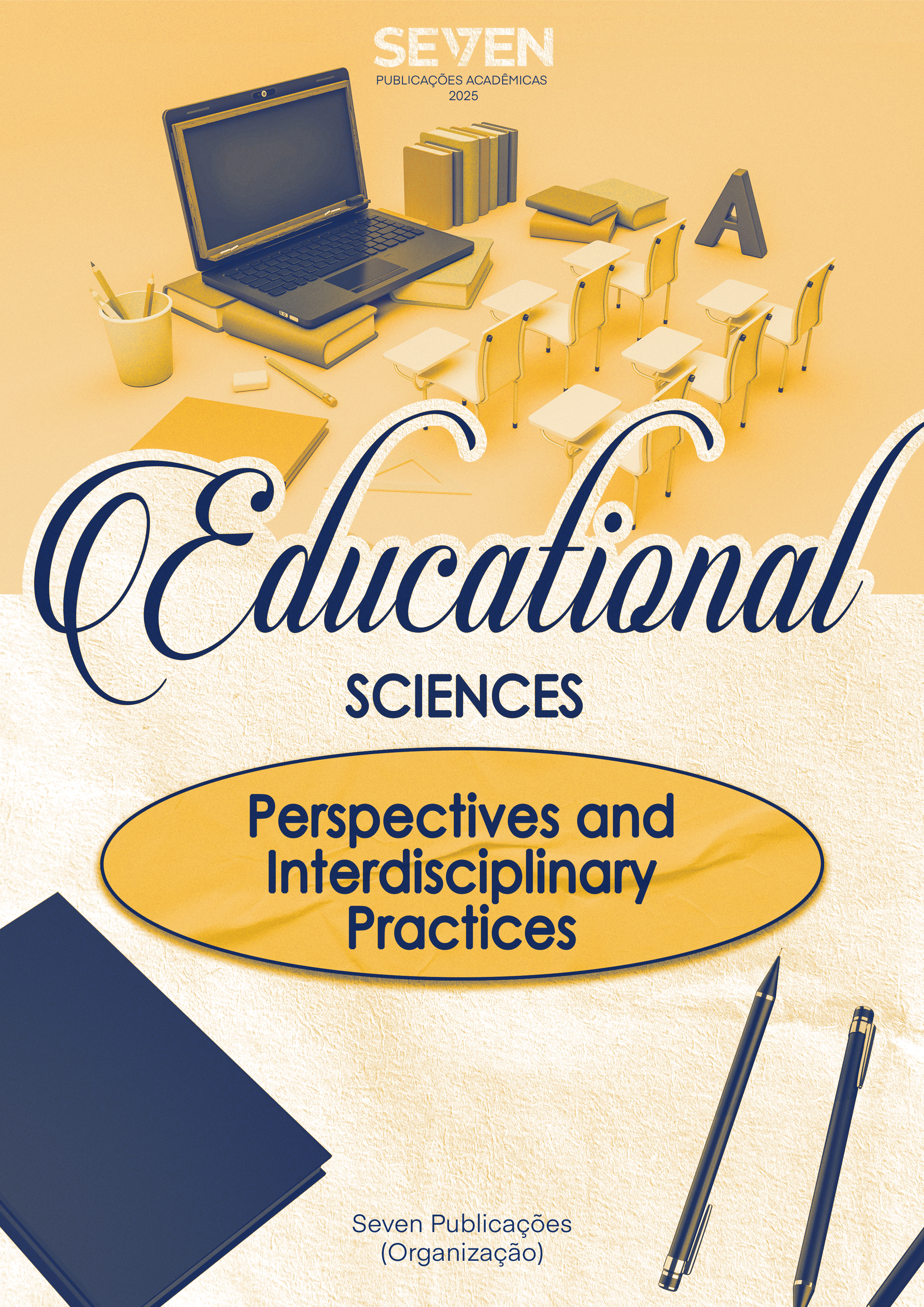EDUCATION IN BRAZIL AND CHINA: A COMPARATIVE ANALYSIS OF PEDAGOGICAL POLICIES
Keywords:
Brasil, China, Educação, Análise ComparadaAbstract
This study compares educational policies and pedagogical practices in Brazil and China, with an emphasis on the adoption of active methodologies and technological integration. The research, based on an integrative literature review based on the PRISMA 2020 protocol, analyzes 18 studies published between 2008 and 2025, mostly from the last five years. The objective is to identify convergences and divergences in educational models, considering governance, teacher training, evaluation and social inclusion. The results indicate that both countries invest in innovative practices such as PBL and gamification, promoting student protagonism. In Brazil, the main challenges involve technological infrastructure and teacher training; in China, the barriers are linked to cultural resistance, despite structural advances and government centralization. Technological integration is more consolidated in China, while in Brazil regional inequality hinders modernization. It is concluded that, although they share similar goals, the two countries adopt different strategies, shaped by their political and cultural specificities.
Downloads
Published
Issue
Section
License
Copyright (c) 2025 Antônia de Lima Sousa, Marcos Antônio Rodrigues Endlich, Sueli Gomes de Oliveira Monteiro, Angélica Pires da Rocha, Rosiane Moreira Souza Lisboa, Marinalva Soares de Sousa Campos, Luciene Evangelista Barbosa, Francisca Gilcileide de Andrade, Maria Ionara Silva de Sousa Oliveira, Marcos Vinícius Barros de Oliveira

This work is licensed under a Creative Commons Attribution-NonCommercial 4.0 International License.





